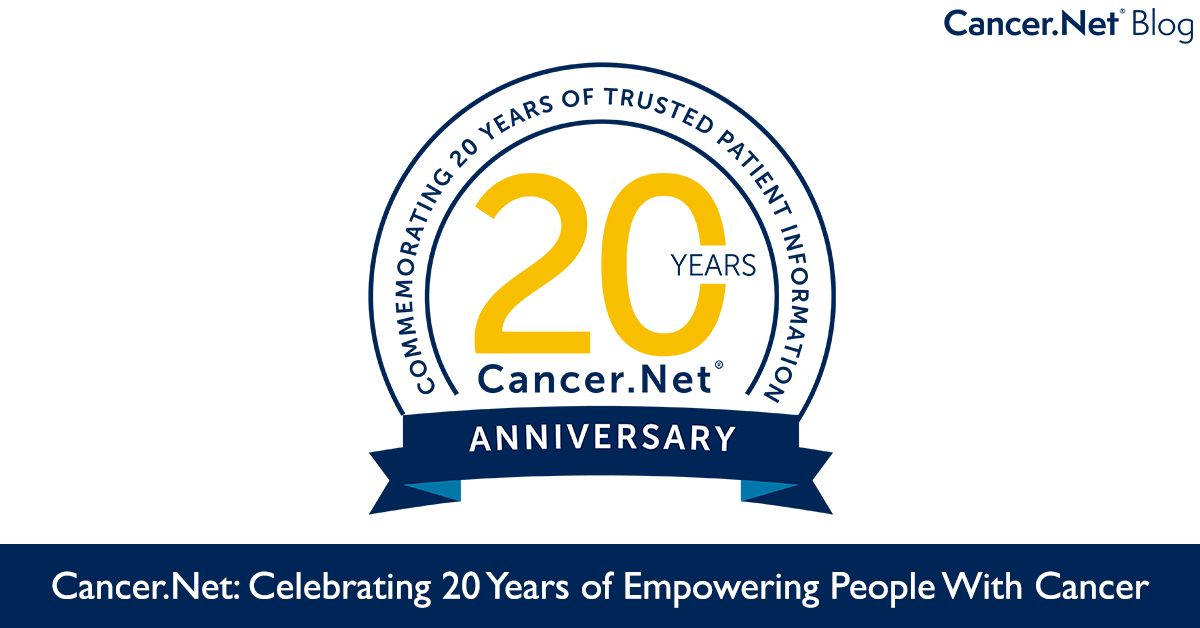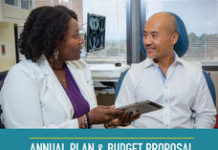
Diane Blum, MSW, FASCO, served as executive director of CancerCare and chief executive officer of the Lymphoma Research Foundation. Originally trained as a social worker, she worked at Dana Farber Cancer Institute and Memorial Sloan Kettering early in her career. Diane served on committees of the National Academy of Medicine, the National Cancer Institute, the American Board of Internal Medicine, and the American Society of Clinical Oncology (ASCO). She was the recipient of ASCO’s Partners in Progress Award and Special Recognition Award. She was the founding editor of Cancer.Net and served as Editor in Chief from 2002 to 2013.
Shortly after the New Year, I was reading about ASCO’s plan to ensure diversity, equity, and inclusion by addressing the barriers that affect outcomes for people who have cancer. “We will not rest until each and every patient has a chance at the best possible outcome for their disease,” said ASCO Chief Executive Officer Clifford A. Hudis, MD, FACP, FASCO. Dr. Hudis’ words really had an impact on me because they were so similar to the foundation of the development of ASCO’s patient education website, Cancer.Net, in 2001.
In 2002, we established Cancer.Net with this conviction: we aimed to provide practical and useful information for people with cancer so that they could make informed decisions about their care and treatment options, making a good outcome more likely. We are now marking the 20th anniversary of Cancer.Net, and I am thrilled to take this time to reflect on where we started and where we are now.
The start of Cancer.Net
I joined a group of ASCO members in 1996 who wanted to create a website for ASCO. I was responsible for providing patient-directed content for the site, and there were so many questions about why ASCO wanted a website in the first place. Some thought that perhaps this new thing called the “World Wide Web” would not catch on, and if it did, why would ASCO as a professional society want to communicate directly with patients and the public?
We answered those questions, and for 4 years, we created content for people with cancer about diagnosis and treatment and provided information about community resources as part of ASCO.org. The needs of people with cancer had already changed dramatically by the late 1990s, with most cancer care being offered in outpatient settings, more treatment choices being made available, and a growing emphasis on patient advocacy and participation by the patient. Since patients and their families had the responsibility to make decisions and manage their care, ASCO wanted to support them by providing up-to-date, trustworthy information.
By 2000, there was a surge of medical information on the web, but much of it was not credible or up to date. Larry Norton, MD, FASCO, 2001-2002 ASCO President, called me and said he was committed to an independent website for patients that would set the standard for online cancer information. Larry’s words have stuck with me for 20 years: “Let’s do what we can to create a level playing field.” A level playing field is challenging in all aspects of medical care because of the imbalance of authority between the patient and the health care professional, made even more problematic when gender, age, and race are factored in. We recognized this, but it was our commitment to doing whatever we could to help people with cancer get the best possible outcome.
To meet this goal, I was appointed Editor in Chief, and together we created an Editorial Board of ASCO members with expertise in all types of cancer. We recruited panels of advisors representing the entire oncology team, such as patient advocates, physician assistants, nurses, social workers, chaplains, nutritionists, and physical, occupational, and respiratory therapists. We sought guidance from a wide swath of the cancer community and focused on useful, relevant, easy-to-read, and always evidence-based content that people could trust using when formulating questions to take to their medical visits.
Cancer.Net quickly became the voice of the cancer physician on the internet, supplementing and complementing what people with cancer, survivors, and their loved ones were hearing at their appointments. Our efforts represented ASCO’s commitment to supporting people with cancer and enabling them to be active and equal members of their cancer care team.
How Cancer.Net has evolved over the past 20 years
As the years went by, digital information continued to expand, and the ways to access that information became more widespread. Cancer.Net was at the forefront of developing a mobile app and using podcasts and videos to share information. We were always searching for the newest and best tools to meet the needs of our audience. We focused on types of cancer, including rare diseases; coping with cancer; survivorship; and navigating obstacles, such as insurance and financial barriers. Cancer.Net’s Spanish language resources have expanded, which are now a major source of cancer information for Spanish-speaking people with cancer around the world. Through it all, we always have had the tremendous benefit of the expertise of ASCO members and their guidance in providing timely, trusted, and compassionate information.
The number of visitors to Cancer.Net gives an indication of the site’s growth and reach, rising from 258,000 visitors in our first year to 41.6 million visitors in 2021. I stepped down as Editor in Chief in 2013, and my successors have done a great job of guiding Cancer.Net forward, always aiming to meet both apparent and more subtle needs of people with cancer and identifying tools to broaden the site’s reach.
Today, Cancer.Net is more relevant and important than ever. We recognized 20 years ago that people with cancer, survivors, and their loved ones benefitted from strategies that would give them confidence and knowledge to help them overcome barriers to equity in their outcomes. Today, these barriers are well recognized, and there are many efforts being made to address them and overcome systemic problems of the past. We are still not at a level playing field, and the COVID-19 pandemic has only highlighted the obstacles to that aspiration. But Cancer.Net has been striving for 2 decades to educate, support, and help.
I’m so proud to have been part of the evolution of Cancer.Net, and I want to thank and recognize the visionary leadership of ASCO staff and volunteers who initiated and nurtured it.






